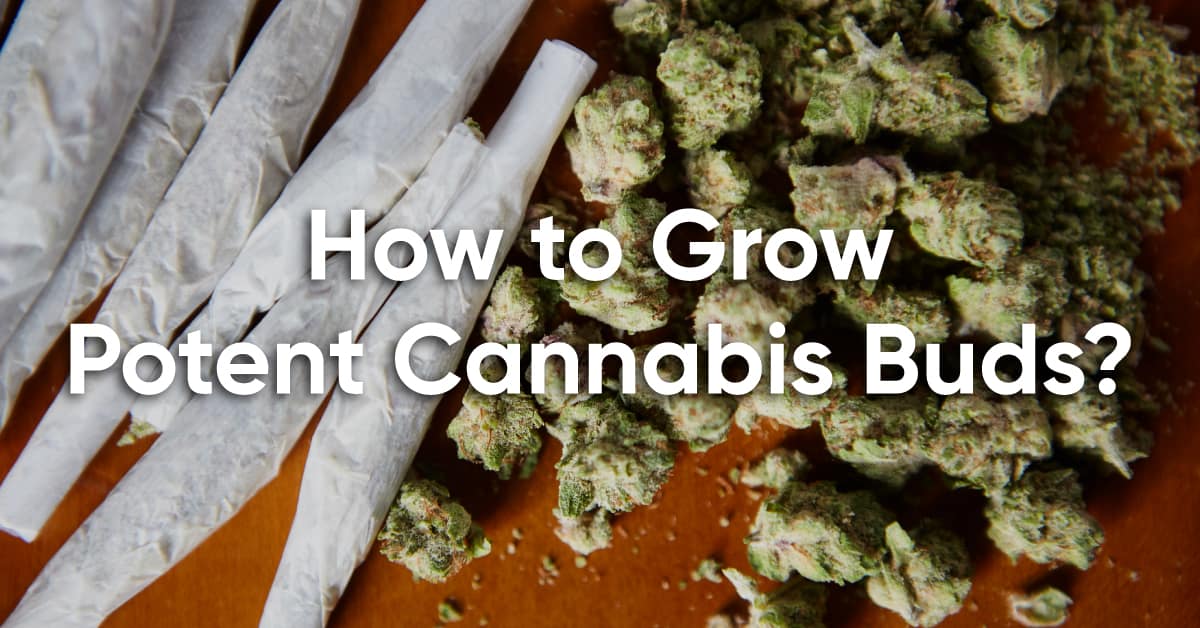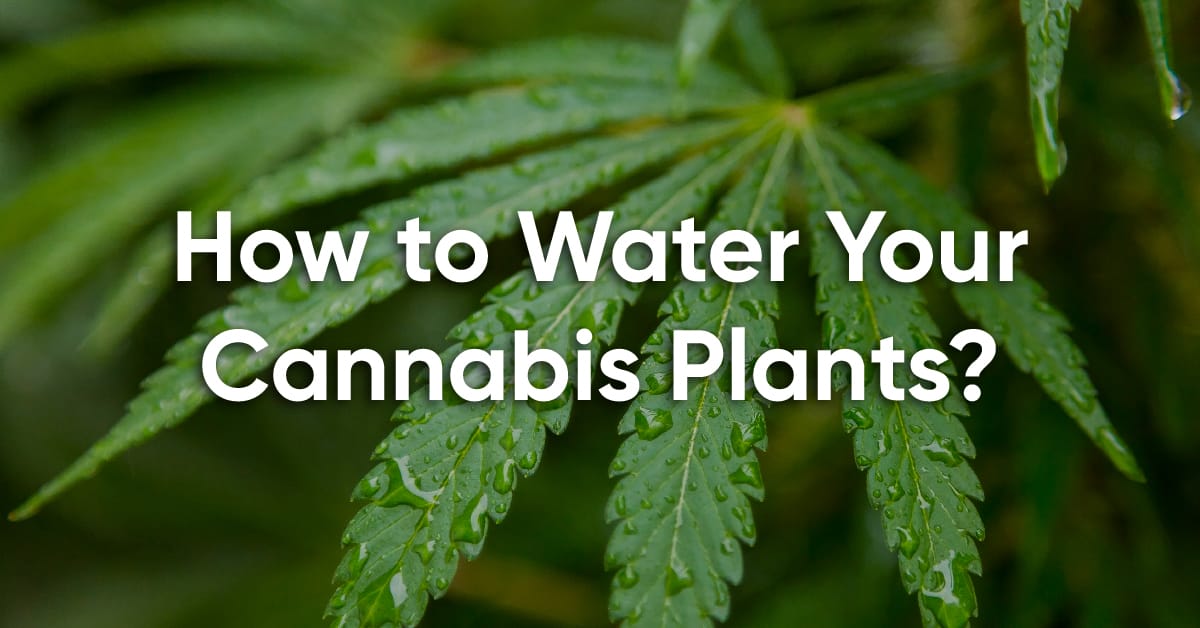3 Cannabis Trichome Stages & How They Impact Bud Maturity
Trichomes! Small yet incredibly significant part of a weed plant! There would be no "world of cannabis" without trichomes.
These microscopic, glandular structures covering the surface of the buds hold the key to the plants' unique properties and effects! They contain all compounds relating to cannabis potency and flavor, as well as the plant's medicinal and therapeutic value!
In this article, we will cover everything about trichomes—their functions, types, and the profound impact they have on the way we experience and utilize this wonderful and remarkable plant!
What are Cannabis Trichomes?
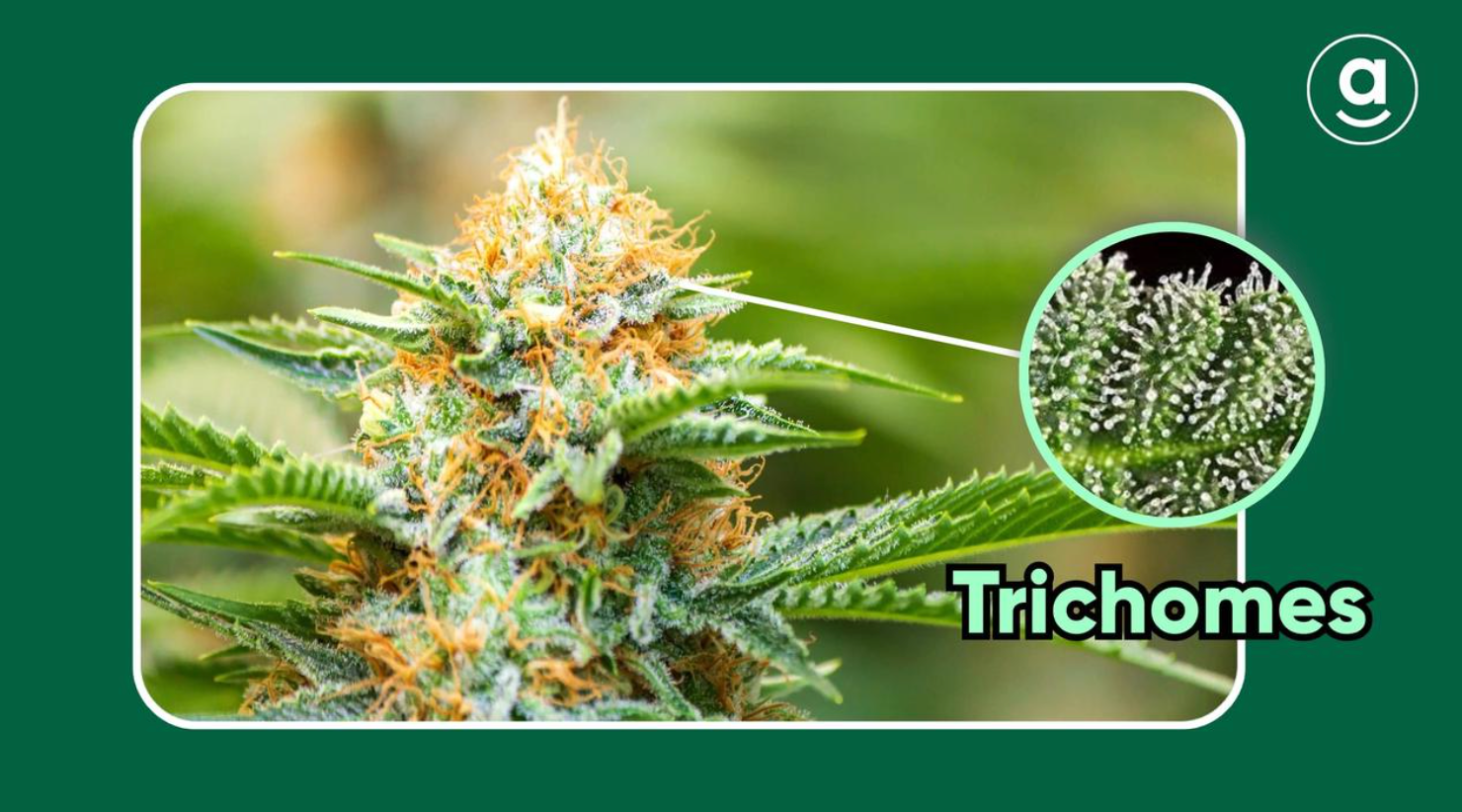
Cannabis trichomes are very small, hair-like glands which cover the leaves and buds of ripe cannabis plants, often giving them a frosty, fuzzy, or shiny appearance.
Often referred to as resin, trichomes are somewhat oily, but also very sticky. It's believed that trichomes act as deterrents due to their natural stickiness!
Trichomes are responsible for producing and containing all the compounds that give the plant its effects and medicinal value (cannabinoids), as well as its flavor and smell (terpenes, flavanoids). Trichomes also serve various other purposes, which we'll cover later in this article!
Cannabinoids Produced By Trichomes
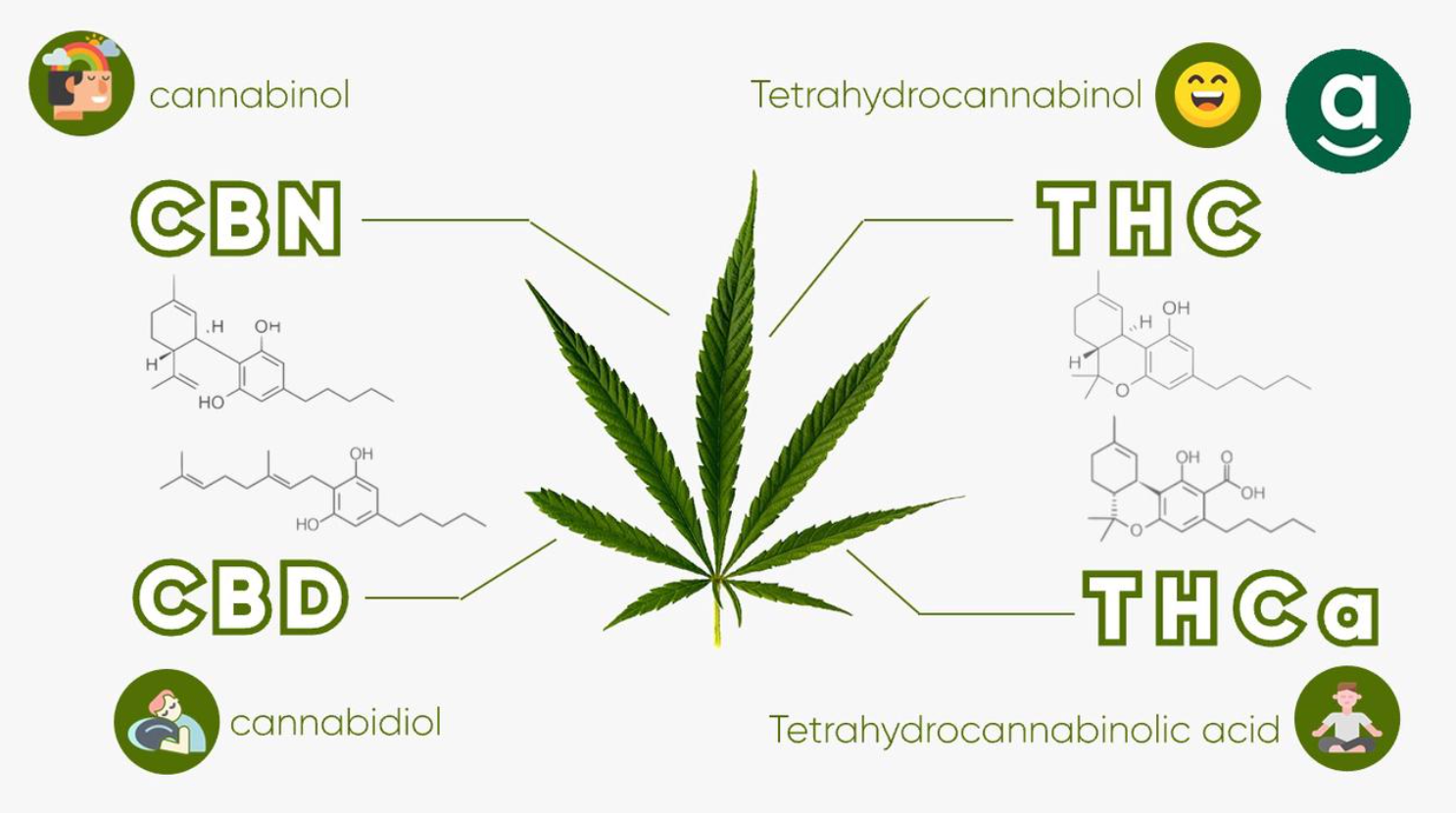
1. THC
THC, short for Tetrahydrocannabinol, is the most abundant and well-known cannabinoid among the 113 found in cannabis. It's responsible for inducing the psychoactive or euphoric effect, commonly known as the "high," when cannabis is consumed.
This effect is achieved by THC binding to specific receptors in the brain and central nervous system, known as endocannabinoid receptors (CB-1 and CB-2). Beyond its recreational effects, THC offers numerous therapeutic and medicinal benefits, including pain relief, nausea suppression, appetite stimulation, and muscle relaxation.
2. THCa
THCa, known as Tetrahydrocannabinolic acid, serves as the precursor to THC. The THCa molecule is too large to bind with CB receptors, making it non-psychoactive, devoid of euphoric effects.
The conversion of THCa to THC is a process called "decarboxylation," which is achieved by using light and heat to remove carboxylic acid group from THCa, then converting it to THC. This transformation creates a perfect structure and size for binding with the body's CB receptors, leading to psychoactive effects.
While some health advocates prefer raw cannabis products for their THCa content, which has gained attention for potential medical benefits such as anti-inflammatory and neuroprotective properties, without the intoxicating effects of THC. Recent studies even suggest that THCa may promote immune system recovery and function.
3. CBD
CBD, short for cannabidiol, is another widely recognized and favored cannabinoid renowned for its therapeutic and medicinal properties, without inducing any psychoactive effects or a "high," including:
- pain relief
- anxiety and depression alleviation
- epilepsy management
- nueroprotection provision
- inflammation reduction
- sleep aid
4. CBN
CBN, or cannabinol, is a cannabinoid produced by the breakdown or degradation of THC. While less popular and often overlooked, CBN offers several benefits, including antibacterial, neuroprotective, and anti-inflammatory properties.
Although slightly psychoactive, CBN can produce a nice calming effect, leading researchers to believe that future studies will yield further medicinal evidence for the use of CBN.
Together, along with the other 109+ cannabinoids, these compounds produce what is known as "Entourage Effect." This concept refers to all the cannabinoids and phytochemicals working synergistically to produce a beneficially enhanced effect, psychoactively, medicinally, and therapeutically.
The entourage effect highlights that the overall impact of consuming cannabis is not solely determined by a single compound, but rather by the complex interplay among all compounds found in the plant.
Significance of Trichomes
Cannabis trichomes are quite literally the most crucial piece of cannabis plant anatomy. They play a diverse array of roles, and have many values and purposes.
They are most commonly known for producing and containing cannabinoids, terpenes, and flavonoids—elements responsible for the plant's flavor, aroma, and psychoactive effects—cannabis trichomes also fulfill various other functions, like:
- Pest defense: trichomes work as a defense mechanism against cannabis pests, as they are incredibly sticky in nature, and thus can trap any flying pests and prevent them from reaching the plant tissue. The resin produced by trichomes also contains bitter compounds that deter herbivores and insects.
- UV protection: trichomes act as natural sunscreens, protecting the plant from harmful UV rays.
- Temp regulation: trichomes also act as heat syncs, radiating excess heat through their structure and away from the plant!
- Harvest timer: As the cannabis plant matures, so do the trichomes. By viewing the trichome heads, you can get a good idea of when cannabis will be ready for harvest. More details on this topic will be covered in the next section.
Trichome Stages & Plant Maturity
As the cannabis plant matures, so do the trichomes—it's true! By using a jeweler's loop, micro lens, or similar magnification tool, you can closely observe the trichomes to see exactly how mature your plant is!
The trichomes start off small, bulbous, and clear. As they mature, they stretch out and develop two segments: a stalk, and a head.
Trichomes go through different stages. Initially, the trichome heads will still be mostly clear, but as they progress, mature, and start to degrade, they will change opacity and even color. Overtime, they will become opaque or milky, and as the plant reaches the finish line, they will start to turn amber or brownish.
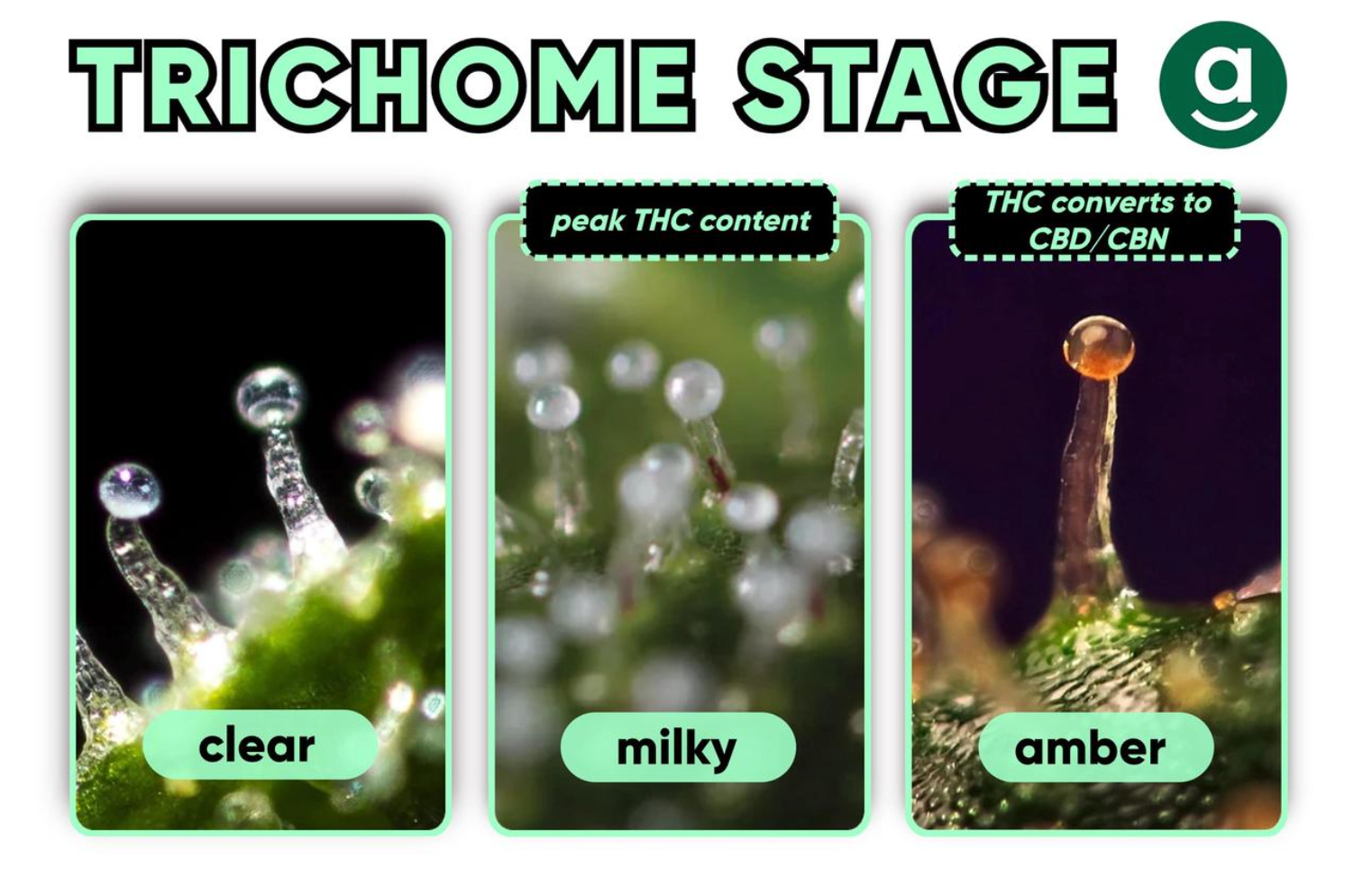
The trichome stages, from clear to amber, signifies more than just surface-level changes. The cannabinoids in the trichomes is converting from THC, to CBN or CBD. This conversion can be influenced by factors such as light, heat, and oxygen. Importantly, it also alters the effects experienced upon consumption— from a cerebral "head" high to a more sedative "heavy" effect.
If you wish to harvest your plant at its peak THC content, you will want to harvest it once all of the trichomes are milky without any sights of amber. Conversely, if you are shooting for a heavier, more sedative effect, aim to harvest when roughly 50%-60% of the trichomes turn amber! But you really don’t want to go past the 60% mark, as overripe trichomes may start to oxidize and degrade, compromising the quality of the harvest.
FAQs
1. Do trichomes determine the potency of the buds?
Indeed, the quantity of trichomes does affect the potency of the buds. The more trichomes, the stronger the effect they produce!
2. How can I make my plants produce more trichomes?
First, choosing high THC strains is paramount for boosting trichome production! Additionally, nutrition, lighting, and environmental conditions all significantly contribute to the plant's trichome production. Properly feeding your plants, adjusting light intensity and spectrum, and providing proper environmental conditions all play crucial roles.
3. At what stage are trichomes the best?
This is a subjective matter, and falls in the eye of the beholder. For peak THC content, harvest the plant when all trichomes are milky with no signs of amber. For a more sedative effect, aim to harvest when roughly 50%-60% of trichomes have turned amber.
Get Weekly Expert Tips, and Grow Healthy Plants
Join our newsletter to get exclusive growing tips delivered directly to your inbox.

